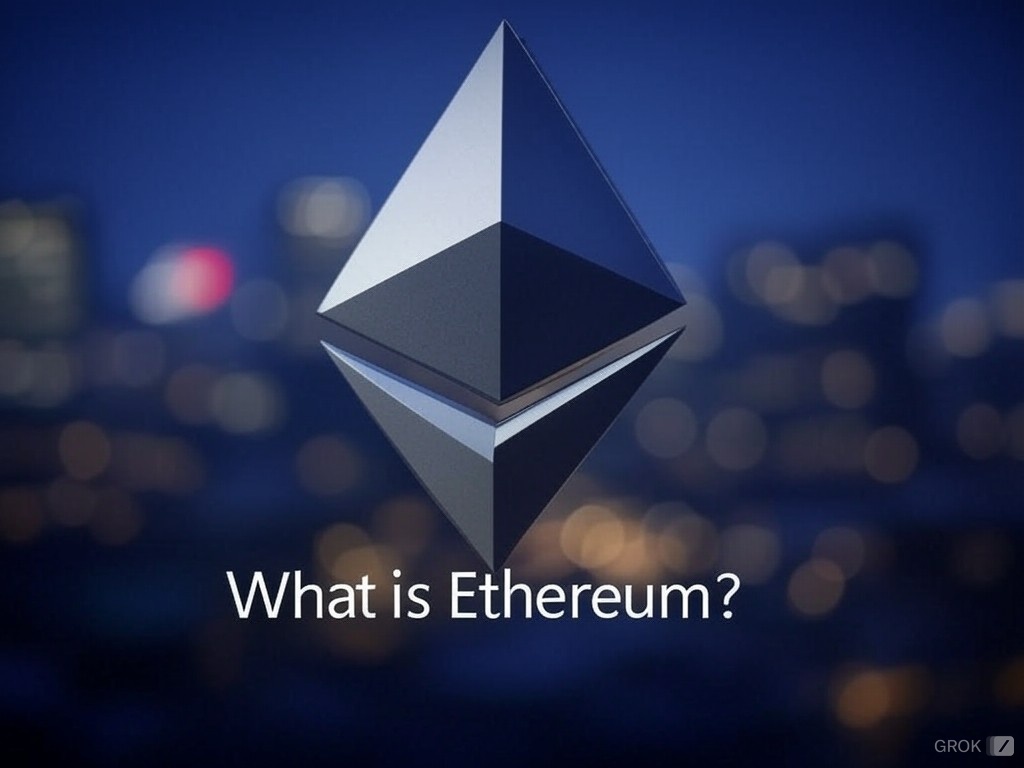

Institutional interest in cryptocurrency reaches a new peak. A report from Coinbase and EY-Parthenon, published on March 18, 2025, reveals that 83% of the surveyed institutions plan to increase their crypto allocations this year. Nearly three-quarters already hold altcoins alongside Bitcoin (BTC), Ethereum (ETH) and XRP, and a “significant majority” aim for a crypto share of at least 5% in their portfolios. The driving force? The belief that crypto “offers the best chance of attractive risk-adjusted returns” over the next three years.
The report, based on interviews with 350 financial institutions in January 2025, underscores a shift. Coinbase, the largest US crypto exchange, and EY-Parthenon, a renowned consultancy firm, find that XRP and Solana (SOL) are the most popular altcoins among institutional holders. This optimism comes after a year in which BTC and ETH already won institutional approval through spot ETFs, and altcoins are now in the spotlight.
The altcoin rally could accelerate further if the US Securities and Exchange Commission (SEC) approves altcoin ETFs this year. More than a dozen asset managers, including VanEck and 21Shares, are awaiting the green light for funds around Litecoin (LTC), SOL, and XRP. Bloomberg Intelligence sees these three as frontrunners for approval, partly due to their market capitalization and liquidity. XRP’s legal status – since Ripple’s partial victory over the SEC in 2023 – and SOL’s growth in DeFi make them attractive.
A milestone came on March 17, when the Chicago Mercantile Exchange (CME) Group launched Solana futures. With 40,000 SOL ($5 million) traded on day one, this strengthens the institutional infrastructure around Solana. Bloomberg analyst Eric Balchunas said the following about this:
“Futures are a springboard to ETFs. They provide price stability and confidence for regulators.”
Stablecoins are also gaining ground. As many as 84% of respondents hold stablecoins or are considering it, with usage going beyond crypto trading. The report mentions: generating yield (73%), currency management (69%), cash management (68%), and external payments (63%). Tether (USDT) and USD Coin (USDC) dominate, with a market capitalization of $150 billion and $40 billion respectively (CoinGecko, March 2025). Citi predicted in December 2024 that stablecoin adoption will boost DeFi and onchain activity, a trend that is now taking shape.
DeFi itself continues to grow. Only 24% of institutions now use DeFi platforms, but that will rise to 75% within two years. “Derivatives, staking, and lending attract the most,” the report states, followed by altcoin access, cross-border payments, and yield farming. Ethereum still leads, but Solana’s lower costs and speed – with $2 billion daily volume on Hyperliquid – are gaining popularity. EY analyst Sarah Klein concludes with:
“DeFi offers returns that traditional markets cannot match.”
Trump’s pro-crypto policy since November 2024 – with promises of a national digital reserve – has strengthened sentiment. Institutional investors no longer see crypto as speculative, but strategic. “With BTC above $84,000 and altcoins following, the risk-reward is too attractive,” according to Coinbase’s report. At the same time, regulators are easing: the SEC dropped cases against Kraken and Binance in February 2025, which builds confidence.
However, there are risks. Volatility remains – XRP dropped from $3.36 to $2.34 in March – and ETF approval is not certain. But with 5% allocations in sight and DeFi as a growth engine, crypto seems here to stay among institutions. 2025 could therefore be the year in which altcoins go mainstream.